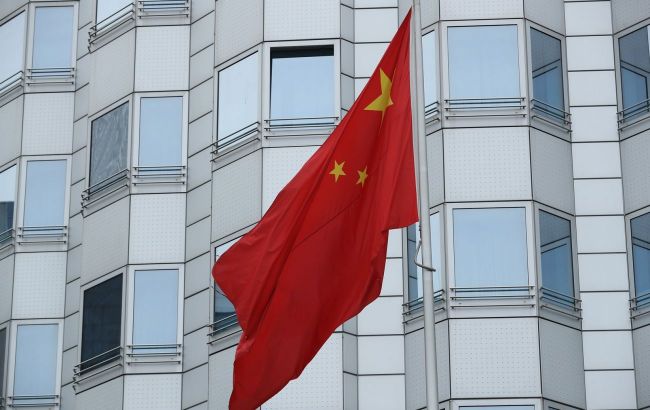China banks tighten restrictions on Russia due to U.S. sanctions
 Chinese banks are tightening restrictions against Moscow (Getty Images)
Chinese banks are tightening restrictions against Moscow (Getty Images)
State-owned banks in China are tightening curbs on financing for Russian clients after the United States approved secondary sanctions against foreign banks aiding Moscow in its military actions against Ukraine, Bloomberg reports.
At least two banks in the past week have ordered a review of their Russian business, focusing on cross-border transactions. The banks will sever ties with clients on the sanctions list and cease providing any financial services to the Russian military sector, regardless of currency and transaction location, sources told the agency.
They added that the review will extend to non-Russian clients doing business in Russia or transferring critically important goods to Russia through a third country.
This move marks an escalation of restrictions imposed by Chinese state-owned banks, at least since the beginning of 2022, following Russia's invasion of Ukraine that prompted a wave of sanctions from countries, including the U.S.
The U.S. Department of the Treasury announced last month that it would impose secondary sanctions on banks facilitating Russia's transactions in the purchase of equipment essential for its military, expanding its financial battle against President Vladimir Putin.
This event underscores the extent to which China complies with U.S. sanctions, despite its principled opposition to them and promises to support economic ties with Russia. President Xi Jinping's government avoids providing significant military assistance to Russia, even as it offers diplomatic support to Putin and expands trade in areas not prohibited by sanctions.
Trade between China and Russia
China's exports to Russia sharply increased during the war, making the country the largest importer of fossil fuels from Russia, and coal shipments more than doubled since 2020. Sanctions deprived the Central Bank of Russia of access to about half of its international reserves, leaving it with only gold and yuan. The use of the Chinese currency has risen, with the share of settlements in yuan increasing to 27% as of September from 15% at the end of 2021.
In the financial sector, Russian banks turned to China's UnionPay in 2022 after Visa and Mastercard suspended their operations.
The four largest state-owned banks in China had already complied with previous U.S. sanctions against Iran and North Korea to avoid losing access to the U.S. dollar clearing system.
Industrial & Commercial Bank of China Ltd. and Bank of China Ltd. took measures to restrict financing for Russian raw materials in February 2022, although the sanctions at that time did not affect Russia's energy sector.
During the latest round of restrictions, banks were instructed to adhere to strict thresholds in cases where they cannot confirm whether their Russia-related business sectors might be violated.
Latest U.S. package
On December 22, 2023, U.S. President Joe Biden signed an executive order strengthening sanctions against financial institutions assisting Russia. These banks may be denied access to the U.S. financial system, essentially leading to the destruction of the financial institution.

